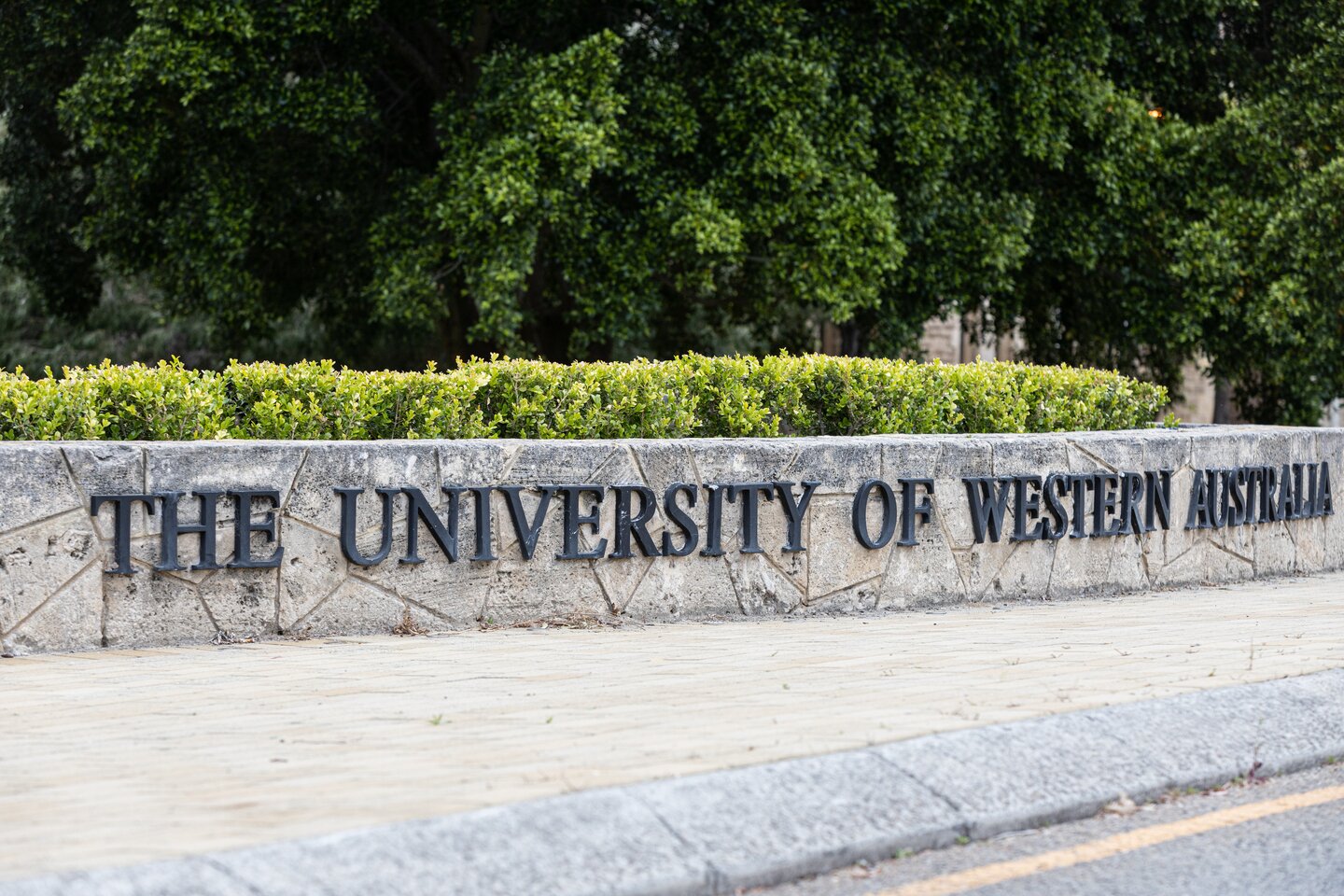Greater independence for WA universities’ business schools could have a positive effect.


University business schools have long been criticised for lacking strong ties with the business community, despite consistently producing outstanding leaders.
Critics says this disconnect means business schools have tended to focus too much on traditional business practices and not enough on emerging trends such as sustainability, digital transformation and social responsibility.
While all business schools are aware of the need for strong connections with the organisations where their graduates will end up working, the heads of some of these schools feel a lack of empowerment and resources prevents them from doing so.
It is no secret across Australia’s higher education sector that many business school heads are frustrated.
Business schools are among the largest academic units in many universities, but some heads lament the fact important decisions are made without their consultation and that the responsibility for university relations with the broader community is controlled by those in more senior leadership roles.
Other heads argue that, even though their schools make significant contributions to a university’s bottom line, they often have little budgetary control and receive little by way of discretionary revenue to pursue strategic imperatives.
The overall effect of business schools being situated within larger university settings is that heads often end up being swamped by the internal operations of their schools, with little or no time to focus on external relations.
The Melbourne Business School (MBS) stands out as an exception to the rule.
MBS operates as the University of Melbourne’s Graduate School in Business and Economics and delivers graduate courses and executive education short courses.
The school sits outside of the regular university structure.
It is a public company limited by guarantee, jointly owned by business (55 per cent) and the University of Melbourne (45 per cent and run as a not-for-profit organisation.
The MBS leadership team reports directly to an independent board of directors that comprises key University of Melbourne personnel as well as business leaders from the broader community.
The MBS website describes its governing body as a strength, boasting that it includes “some of Australia’s most respected business leaders and academics with experience across all sectors and regions”. Further, its governing body ensures that “what we teach as a business school is what business leaders need to know for their future”.
While many university business schools have boards, these structures tend to be advisory bodies to influence, but not direct, strategic activities.
It is not just MBS’s independent board stacked with leaders from the broader community that helps build bridges with business.
MBS’s organisational structure has co-deans: a dean and a dean internal.
The dean internal focuses on the day-to-day operations of the school, leaving the dean to spend time building relationships within the broader university, alumni and the business community.
The co-deans are supported by an executive team including a chief financial officer, chief executive education officer and chief learning innovation officer.
While a large part of the dean’s role is to build relationships with the business community, the connections with other university heads are considered equally important.
To design the MBS master of business analytics and master of analytics management programs, for example, the school worked closely with the university’s School of Engineering.
MBS’s success is illustrated by several awards, including top position in the inaugural 2022 AFR BOSS list of best business schools in the category of reputation.
MBS was also ranked highly in the QS World University subject rankings last year. In business and management studies it was ranked number one in Australia and 34th in the world, while in accounting and finance it was ranked second nationally and 21st globally.
MBS’s ability to operate as a separate entity has clearly allowed it to have a greater degree of independence and flexibility in terms of its operations and decision making, while maintaining strong connections with the University of Melbourne.
It raises the question of whether Western Australia’s business schools might be better positioned to connect with local, national and international business communities if they became independent organisations.
It is a model that WA’s higher education community ought to consider.
• Professor Gary Martin is chief executive officer of the Australian Institute of Management WA












